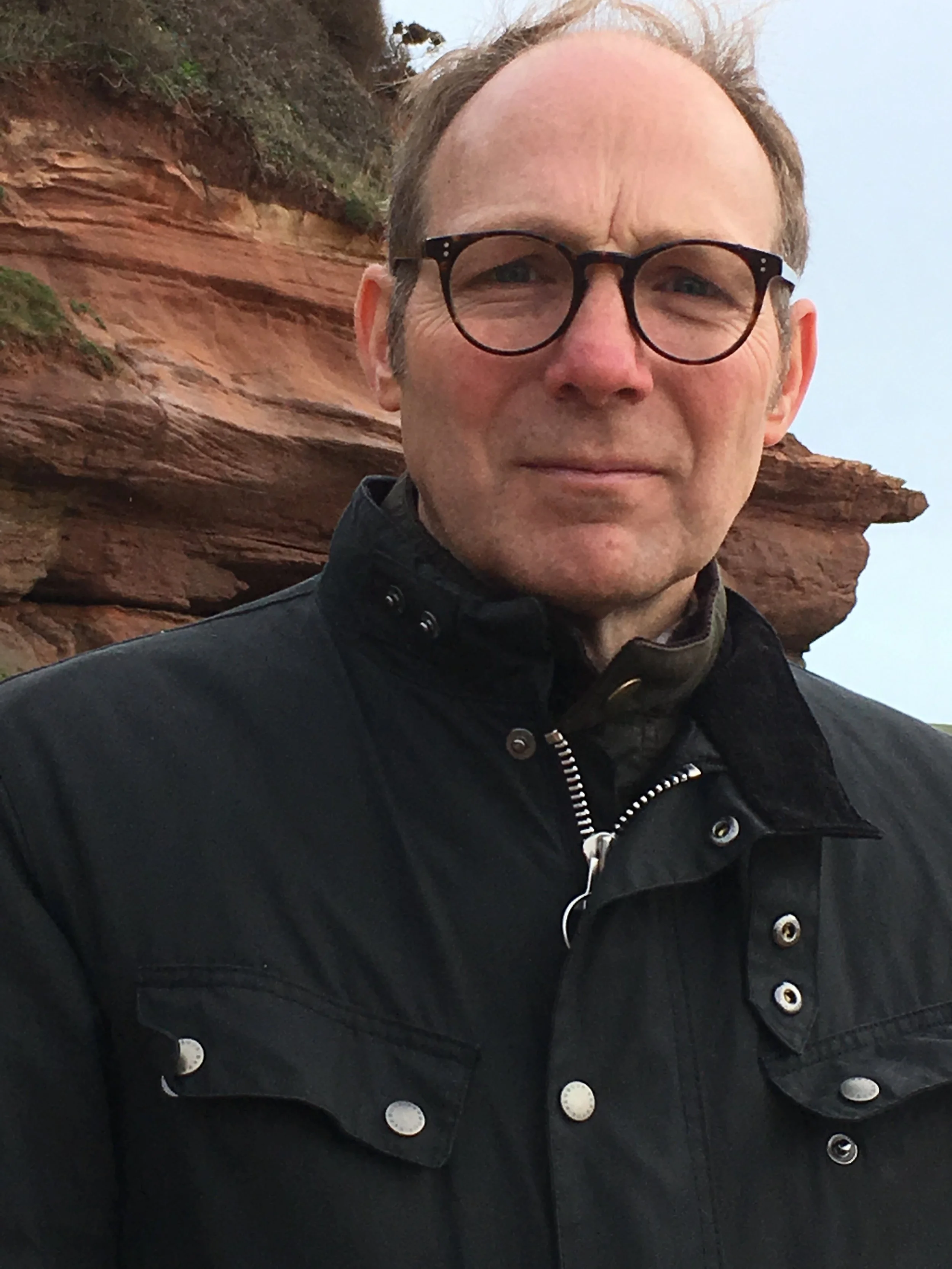Dr Sean Dettman
Director
Sean was born and raised in Rockford, Illinois and studied History and Literature at the University of Wisconsin - Whitewater (B.A.) before undertaking his postgraduate work at the School of Advanced Studies, University of London.
Sean has been involved in establishing JICAS from the very early stages and was appointed director in 2018. He also serves as the programme coordinator for the MSc Island Biodiversity and Conservation. In addition to his role at JICAS, Dr Dettman sits on the Board at the Societe Jersiaise as Vice-President. His main research interests are 20th Century socio-cultural and social-political histories.
Contact Sean: sean.dettman@jicas.ac.je
Emily Wagdin
Assistant programme coordinator (MSc island biodiversity and Conservation)
Emily graduated from the MSc Island Biodiversity and Conservation programme in 2022 before working for the Ascension Island Government Conservation and Fisheries Directorate as a Conservation Assistant and Darwin Plus Local Project Officer. Passionate about nature-connectedness and ocean literacy Emily now works for Ocean Culture Life and the Jersey Biodiversity Centre, in addition to conducting research across-island.
Emily works with our MSc Island Biodiversity and Conservation cohort to facilitate fieldwork and academic skills development. She is also coordinating our Women in Conservation Science Initiative.
Contact Emily: e.wagdin@exeter.ac.uk
Professor Jamie Stevens
Lecturer, researcher & advisor
Jamie Stevens is a Professor of Molecular Ecology in the Department of Biosciences, University of Exeter. His research focuses on the application of population genetics to explore questions in ecology and evolution, and the application of this research to management and conservation.
Jamie moved to Exeter in 1998 following the award of an independent Wellcome Trust Biodiversity Fellowship. Since then, his research has focused on the use of genetic methods to address applied questions in animal movement and dispersal in marine and estuarine environments. He has led and co-led the genetic components of five major EU-funded projects developing genetic tracking methods for a range of fish and coral species. His most recent work has focused on applied questions in connectivity and gene flow in a range of corals and marine invertebrates; the results of these studies feed into the design and designation of marine protected areas in Britain, Europe and the Caribbean.
Dr Andrew Griffiths
university of exeter liason officer
Andrew’s research addresses broad questions in ecology and evolution, with a particular focus on utilising molecular approaches to solving problems that are intractable with traditional ecological methods.
Fish (both marine & freshwater) have been Andrew’s biological system of choice, due to the variety of habitats they occupy and the commercial & conservation significance of many species. His research has served as the foundation for his teaching and he takes every opportunity to communicate his interest and enthusiasm for biology to students, colleagues and more widely in the community. Andrew predominantly teaches on the; Animals, Genetics, Modern Theories of Evolution, Ecotoxicology and Fundamental Skills modules at the University of Exeter.



